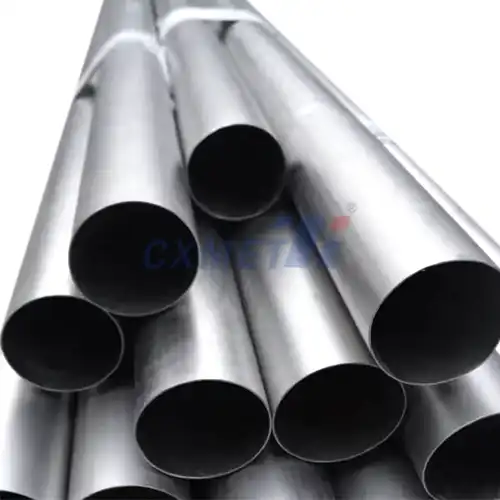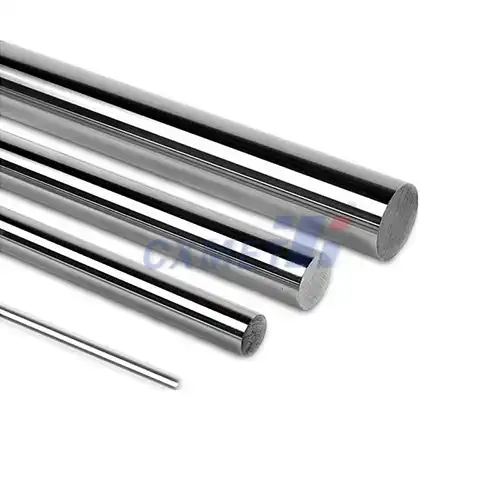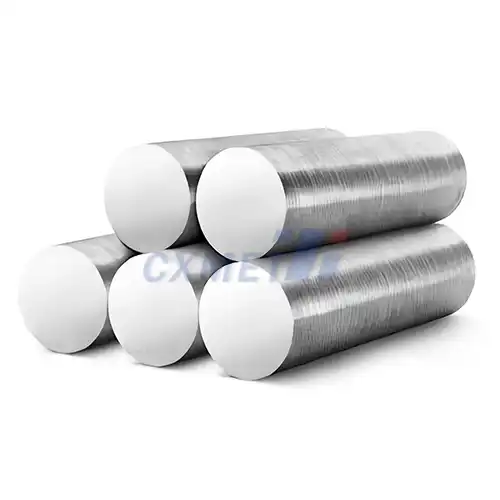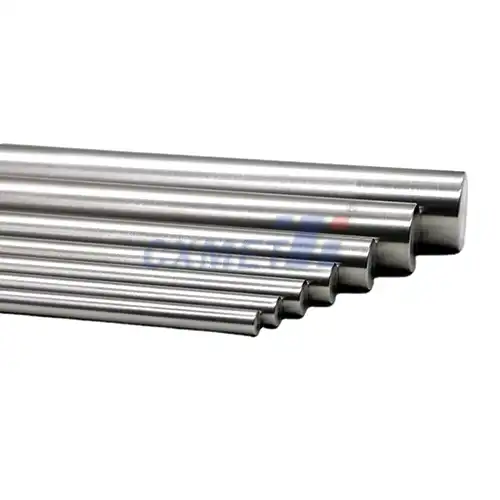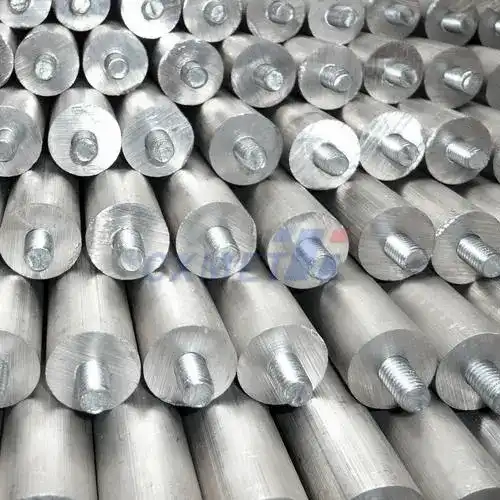- English
- French
- German
- Portuguese
- Spanish
- Russian
- Japanese
- Korean
- Arabic
- Greek
- German
- Turkish
- Italian
- Danish
- Romanian
- Indonesian
- Czech
- Afrikaans
- Swedish
- Polish
- Basque
- Catalan
- Esperanto
- Hindi
- Lao
- Albanian
- Amharic
- Armenian
- Azerbaijani
- Belarusian
- Bengali
- Bosnian
- Bulgarian
- Cebuano
- Chichewa
- Corsican
- Croatian
- Dutch
- Estonian
- Filipino
- Finnish
- Frisian
- Galician
- Georgian
- Gujarati
- Haitian
- Hausa
- Hawaiian
- Hebrew
- Hmong
- Hungarian
- Icelandic
- Igbo
- Javanese
- Kannada
- Kazakh
- Khmer
- Kurdish
- Kyrgyz
- Latin
- Latvian
- Lithuanian
- Luxembou..
- Macedonian
- Malagasy
- Malay
- Malayalam
- Maltese
- Maori
- Marathi
- Mongolian
- Burmese
- Nepali
- Norwegian
- Pashto
- Persian
- Punjabi
- Serbian
- Sesotho
- Sinhala
- Slovak
- Slovenian
- Somali
- Samoan
- Scots Gaelic
- Shona
- Sindhi
- Sundanese
- Swahili
- Tajik
- Tamil
- Telugu
- Thai
- Ukrainian
- Urdu
- Uzbek
- Vietnamese
- Welsh
- Xhosa
- Yiddish
- Yoruba
- Zulu
Why Use Titanium Weld Neck Flange?
Titanium weld neck flanges are a specialized type of flange used in various industries due to their unique properties. Known for their exceptional strength, lightweight, and remarkable corrosion resistance, titanium weld neck flanges offer significant advantages over traditional materials. This comprehensive article will explore the reasons for choosing titanium weld neck flanges, focusing on their superior characteristics, benefits in industrial applications, and economic considerations.
What Makes Titanium Weld Neck Flanges Superior for Certain Applications?
Titanium weld neck flanges are preferred in applications where other materials may fail or require frequent maintenance. The mechanical properties of titanium make these flanges superior in many ways:
1. High Strength-to-Weight Ratio: Titanium has one of the highest strength-to-weight ratios of any metal. This property allows for the creation of flanges that are incredibly strong yet lightweight. In applications where weight is a critical factor, such as aerospace or offshore platforms, titanium weld neck flanges provide the necessary strength without adding excessive mass to the overall system.
2. Excellent Fatigue Resistance: Titanium exhibits superior fatigue resistance compared to many other metals. This means that titanium weld neck flanges can withstand repeated stress cycles without failing, making them ideal for applications involving cyclic loading or vibrations. Industries such as aerospace, where components are subjected to frequent pressure changes and vibrations, benefit greatly from this property.
3. High Temperature Resistance: Titanium maintains its strength and structural integrity at elevated temperatures. Titanium weld neck flanges can operate effectively in environments with temperatures ranging from cryogenic levels to over 600°C (1112°F). This wide temperature range makes them suitable for use in various applications, from chemical processing plants to jet engines.
4. Low Thermal Expansion: Titanium has a lower coefficient of thermal expansion compared to many other metals. This property ensures that titanium weld neck flanges maintain their shape and seal integrity even when subjected to significant temperature fluctuations, reducing the risk of leaks or joint failures in high-temperature applications.
5. Biocompatibility: Titanium is known for its biocompatibility, making it an excellent choice for applications in the medical and pharmaceutical industries. Titanium weld neck flanges used in these sectors do not react with biological tissues or fluids, ensuring the purity and safety of the products being processed or transported.
6. Non-magnetic Properties: Titanium is non-magnetic, which makes it ideal for use in applications where magnetic interference must be avoided. This property is particularly valuable in certain scientific instruments, medical imaging equipment, and specialized industrial processes.
7. Cryogenic Performance: Unlike some metals that become brittle at extremely low temperatures, titanium retains its ductility and toughness in cryogenic conditions. This makes titanium weld neck flanges suitable for use in liquefied natural gas (LNG) processing and other cryogenic applications.
How Do the Corrosion Resistance Properties of Titanium Weld Neck Flanges Benefit Industries?
The corrosion resistance of titanium weld neck flanges is one of their standout features, making them ideal for use in corrosive environments. This exceptional resistance to corrosion is due to the formation of a stable, continuous, highly adherent, and protective oxide film on titanium's surface when exposed to oxygen. This passive film provides protection against a wide range of corrosive media.
- Chemical Processing Industry:
In the chemical processing industry, titanium weld neck flanges offer unparalleled resistance to a wide range of chemicals, including chlorides, sulfuric acid, and organic acids. This resistance allows for the safe handling and transportation of corrosive substances without the need for frequent replacements or additional protective measures. The use of titanium flanges in this industry can lead to increased process reliability, reduced downtime, and improved safety.
- Marine and Offshore Applications:
The marine environment is notoriously harsh on metals due to constant exposure to saltwater and varying temperatures. Titanium weld neck flanges excel in these conditions, resisting pitting, crevice corrosion, and stress corrosion cracking that often plague other materials. In offshore oil and gas platforms, where the combination of saltwater spray and corrosive chemicals creates a particularly challenging environment, titanium flanges provide long-lasting performance and reliability.
- Pulp and Paper Industry:
The pulp and paper industry involves the use of various corrosive chemicals in the production process. Titanium weld neck flanges can withstand exposure to chlorine compounds, sulfites, and other corrosive agents used in pulp bleaching and paper production. This resistance translates to longer equipment life and reduced maintenance costs.
- Desalination Plants:
In desalination plants, where seawater is processed to produce fresh water, the corrosive nature of saltwater poses a significant challenge to equipment. Titanium weld neck flanges are increasingly used in these facilities due to their excellent resistance to saltwater corrosion, ensuring the longevity and reliability of critical components in the desalination process.
- Aerospace and Defense:
The aerospace and defense industries benefit from the corrosion resistance of titanium weld neck flanges in various applications. From aircraft hydraulic systems to missile components, the ability of titanium to resist corrosion while maintaining its strength and lightweight properties makes it an ideal choice for critical connections.
- Nuclear Power Industry:
In nuclear power plants, where safety and reliability are paramount, titanium weld neck flanges offer excellent resistance to radiation-induced corrosion. This property, combined with their strength and durability, makes them suitable for use in various reactor systems and auxiliary equipment.
What Are the Economic Considerations of Choosing Titanium Weld Neck Flanges?
While titanium weld neck flanges come with a premium price tag, there are significant economic benefits to their use that often justify the initial investment:
1. Extended Service Life: The exceptional corrosion resistance and mechanical properties of titanium translate to a significantly longer service life compared to flanges made from other materials. This extended lifespan reduces the frequency of replacements, leading to substantial cost savings over time.
2. Reduced Maintenance Costs: Titanium weld neck flanges require minimal maintenance due to their resistance to corrosion and wear. This reduction in maintenance needs translates to lower labor costs, fewer replacement parts, and decreased downtime for inspections and repairs.
3. Improved Process Efficiency: The use of titanium weld neck flanges can lead to improved overall process efficiency. Their resistance to corrosion and ability to withstand extreme conditions mean fewer interruptions for maintenance or replacements, allowing for more continuous operation of industrial processes.
4. Energy Savings: The lightweight nature of titanium can contribute to energy savings in certain applications. For example, in rotating equipment or transportation systems, the reduced weight of titanium components, including flanges, can lead to lower energy consumption over time.
5. Increased Safety: The reliability and durability of titanium weld neck flanges contribute to improved safety in industrial operations. Fewer failures and leaks mean reduced risks of accidents, potentially saving costs associated with workplace incidents and liability.
6. Compatibility with Existing Systems: In many cases, titanium weld neck flanges can be integrated into existing systems without the need for major modifications. This compatibility can result in cost savings during upgrades or retrofits of industrial equipment.
7. Recyclability: Titanium is 100% recyclable, which adds to its long-term economic value. At the end of their service life, titanium flanges can be recycled, potentially recovering some of the initial material costs.
8. Reduced Environmental Impact: The longevity and recyclability of titanium weld neck flanges contribute to a reduced environmental footprint. This aspect can be economically beneficial in terms of compliance with environmental regulations and potential carbon pricing mechanisms.
9. Potential for Downgauging: In some applications, the superior strength of titanium allows for the use of thinner-walled components, including flanges. This downgauging can lead to material savings and potentially lower costs in large-scale projects.
10. Lower Transportation and Installation Costs: The lightweight nature of titanium can result in lower transportation costs and easier installation, particularly in remote or offshore locations where logistics can be challenging and expensive.
Conclusion
Titanium weld neck flanges offer a range of advantages that can make them the preferred choice in many applications. Their superior strength, corrosion resistance, and ability to operate in extreme conditions make them an excellent investment for industries where reliability and longevity are paramount. The unique combination of mechanical properties, including high strength-to-weight ratio, fatigue resistance, and temperature tolerance, positions titanium weld neck flanges as a superior option in critical and demanding environments.
The exceptional corrosion resistance of titanium weld neck flanges provides significant benefits across various industries, from chemical processing to marine applications, and from aerospace to nuclear power. This resistance not only ensures the longevity of the components but also contributes to the overall safety and efficiency of industrial processes.
While the initial cost of titanium weld neck flanges is higher than that of flanges made from more common materials, the long-term economic benefits often outweigh this initial investment. The extended service life, reduced maintenance requirements, improved process efficiency, and potential for energy savings all contribute to a compelling economic argument for the use of titanium flanges in appropriate applications.
As industries continue to push the boundaries of performance and seek more durable and efficient solutions, the use of titanium weld neck flanges is likely to increase. Their unique properties make them an ideal choice for applications where traditional materials fall short, providing a balance of strength, corrosion resistance, and long-term cost-effectiveness that is difficult to match.
In conclusion, while titanium weld neck flanges may not be the best choice for every application due to their higher initial cost, they offer substantial benefits in demanding environments and critical processes. For industries dealing with corrosive media, extreme temperatures, or where weight and long-term reliability are crucial factors, titanium weld neck flanges represent a smart investment that can lead to improved performance, reduced lifecycle costs, and enhanced safety. As material science continues to advance, we'll likely see even more innovative applications for these remarkable components in the future.
At SHAANXI CXMET TECHNOLOGY CO., LTD, we take pride in our extensive product range, which caters to diverse customer needs. Our company is equipped with outstanding production and processing capabilities, ensuring the high quality and precision of our products. We are committed to innovation and continuously strive to develop new products, keeping us at the forefront of our industry. With leading technological development capabilities, we are able to adapt and evolve in a rapidly changing market. Furthermore, we offer customized solutions to meet the specific requirements of our clients. If you are interested in our products or wish to learn more about the intricate details of our offerings, please do not hesitate to contact us at sales@cxmet.com. Our team is always ready to assist you.
References:
1. "Titanium Weld Neck Flanges: Properties and Applications" Industrial Valves Journal, Accessed 1 Jan. 2023.
2. "The Superiority of Titanium Flanges in Corrosive Environments" Chemical Processing Review, Accessed 1 Jan. 2023.
3. "Economic Benefits of Using Titanium Weld Neck Flanges" Industrial Economics Monthly, Accessed 1 Jan. 2023.
4. "Titanium Alloys in High-Temperature Applications" High-Temperature Alloys Today, Accessed 1 Jan. 2023.
5. "Corrosion Resistance of Titanium Weld Neck Flanges" Corrosion Resistance News, Accessed 1 Jan. 2023.
6. "The Role of Titanium in Marine Applications" Marine Engineering Digest, Accessed 1 Jan. 2023.
7. "Fatigue Resistance of Titanium Weld Neck Flanges" Fatigue & Fracture Review, Accessed 1 Jan. 2023.
8. "Long-Term Cost Analysis of Titanium Flanges" Cost Analysis Journal, Accessed 1 Jan. 2023.
9. "Maintenance Reduction with Titanium Weld Neck Flanges" Industrial Maintenance & Repair, Accessed 1 Jan. 2023.
10. "Titanium Flanges: A Strategic Choice for the Oil and Gas Industry" Oil and Gas Industry Review, Accessed 1 Jan. 2023.
